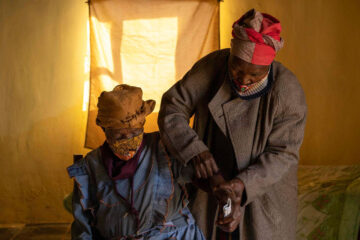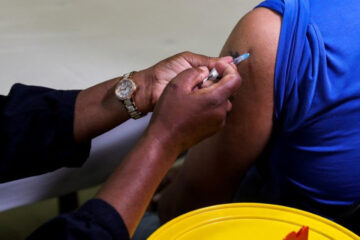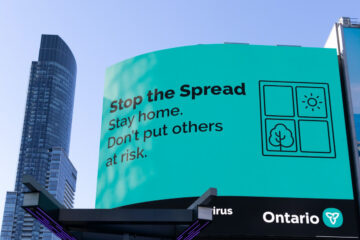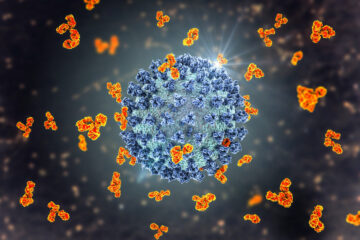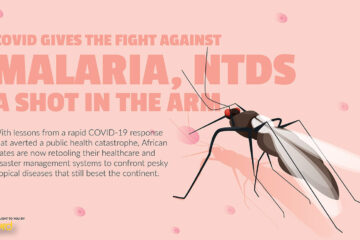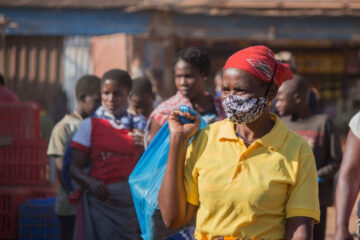AFRICAN MIRROR REPORTER
THE South African government has, in the face of consistent rise in infections, hospitalisation and deaths, maintained the country at a strict lockdown alert level four for another 14 days, but has made minor adjustments in terms of which restaurants will be allowed to operate
In a special address to the nation, President Cyril Ramaphosa announced that gyms will also be allowed to operate, under strict health protocols. Sale of agricultural livestock, as well as game auctions, will also be allowed.
However, Ramaphosa said the sale of alcohol will remain prohibited as well as all social, religious and political gatherings.
He said schools will remain closed until July 26.
The president said the SA cabinet had decided to keep the country at Level Four because infection levels remained extremely high.
He said for the last two weeks, the country has consistently recorded an average of nearly 20,000 daily new cases. At present, SA has over 200,000 active COVID-19 cases. In the last two weeks over 4 200 South Africans have lost their lives to COVID-19.
Ramaphosa said while Gauteng accounted for more than half of new infections, infections were rapidly increasing in the Western Cape, Limpopo, North West, KwaZulu-Natal and Mpumalanga. This placed the national health system under pressure. He said the prediction was that by next week, daily hospital admissions across the country are likely to reach the levels observed during the peak of the first two waves. COVID-19 related deaths in hospitals are also increasing, and have surpassed those observed at the peak of the first wave.
Ramaphosa also unveiled measures aimed at assisting businesses that have been adversely affected by the lockdown. He said the Unemployment Insurance Fund has decided that the COVID-19 TERS scheme should be extended to sectors that are affected by Adjusted Level 4 restrictions.
He said the details of the extension will be published shortly following the finalisation of the full scheme, which will include further details on who is eligible for this support. “Since its inception last year, the COVID-19 TERS scheme has already provided more than R60 billion to protect the jobs of 5.5 million workers,” he added. In addition, Ramaphosa said, the cabinet has also decided that all business licenses and permits that expired between March 2020 and June 2021 would remain valid until December 31, 2022. New business licenses or permits that are issued from the 1st of July will also be valid until December 31, 2022, and no license fee will be payable.
The President said there were reasons, based on science, on why SA was kept at Level Four.
Ramaphosa said: “Here is what we know. We know that reducing the instances where people are in close proximity to others helps to contain infections. We know that the coronavirus spreads at funerals, at office meetings, at parties, at family occasions, and at restaurants and taverns.
“That is why, at adjusted alert level 4, we have had to prohibit religious, social and political gatherings. We also know that as more people move, the virus moves with them. Because of the relatively high numbers in Gauteng two weeks ago, we limited movement in and out of the province to slow the spread of the virus to other parts of the country.
“We know that curfews reduce movement and limit late-night social gatherings that increase the potential for transmission. We know that restrictions on alcohol sales reduce the number of admissions at hospitals and emergency rooms with alcohol-related trauma, such as motor vehicle accidents and interpersonal violence. Reducing alcohol harm frees up much-needed capacity in our health facilities to deal with COVID-19 cases. Alcohol abuse is also associated with gatherings and non-adherence to public health regulations. At the same time, we know and recognise the vital contribution of the alcohol industry to our economy. Ultimately, the most important measures to limit transmission are those that are within our individual control. Because the Delta variant is more transmissible, we need to be far more diligent in following the basic precautions with which we are all familiar. As we implement measures to limit the number of infections, we are acting to protect as many people as possible through vaccination.”






